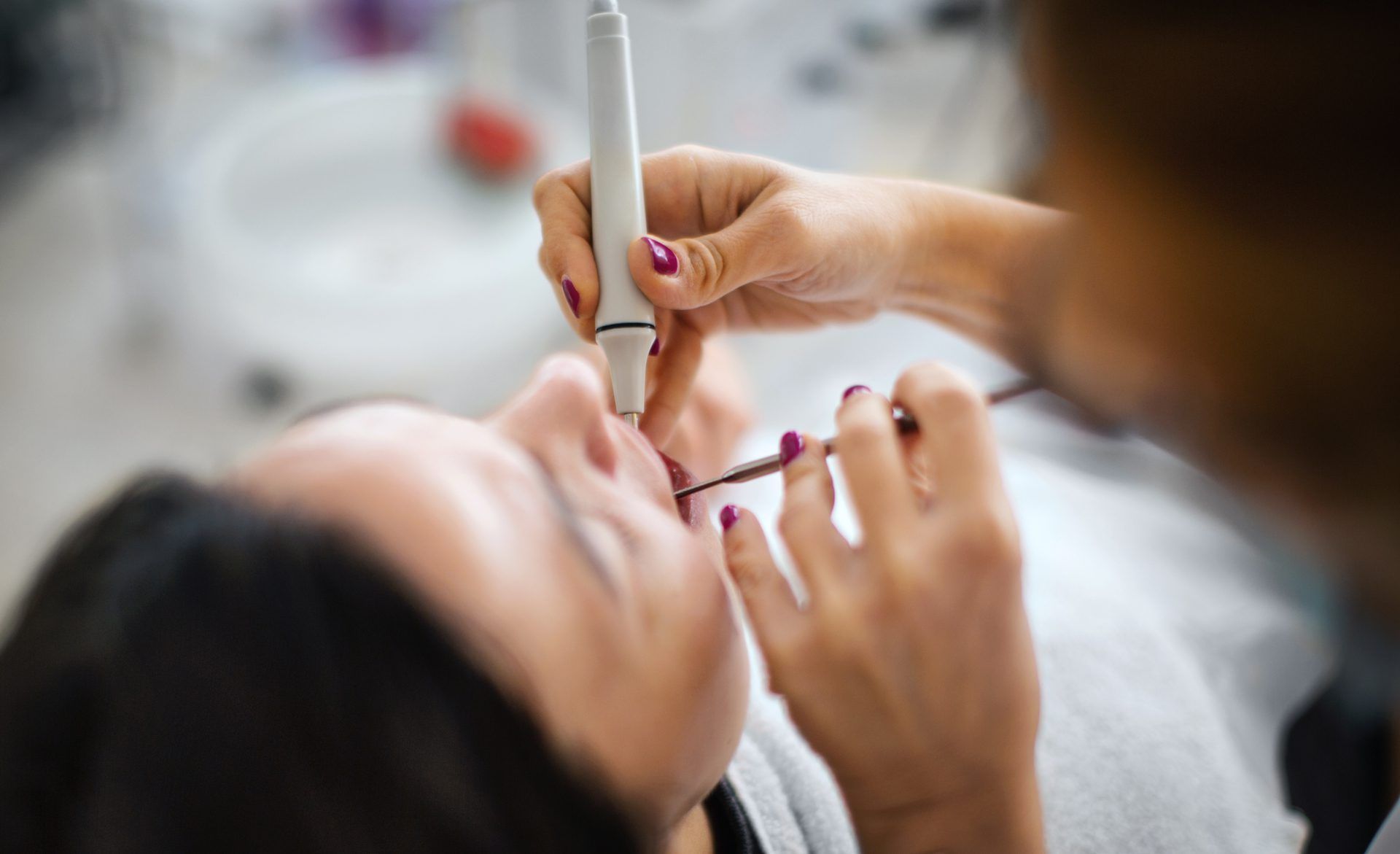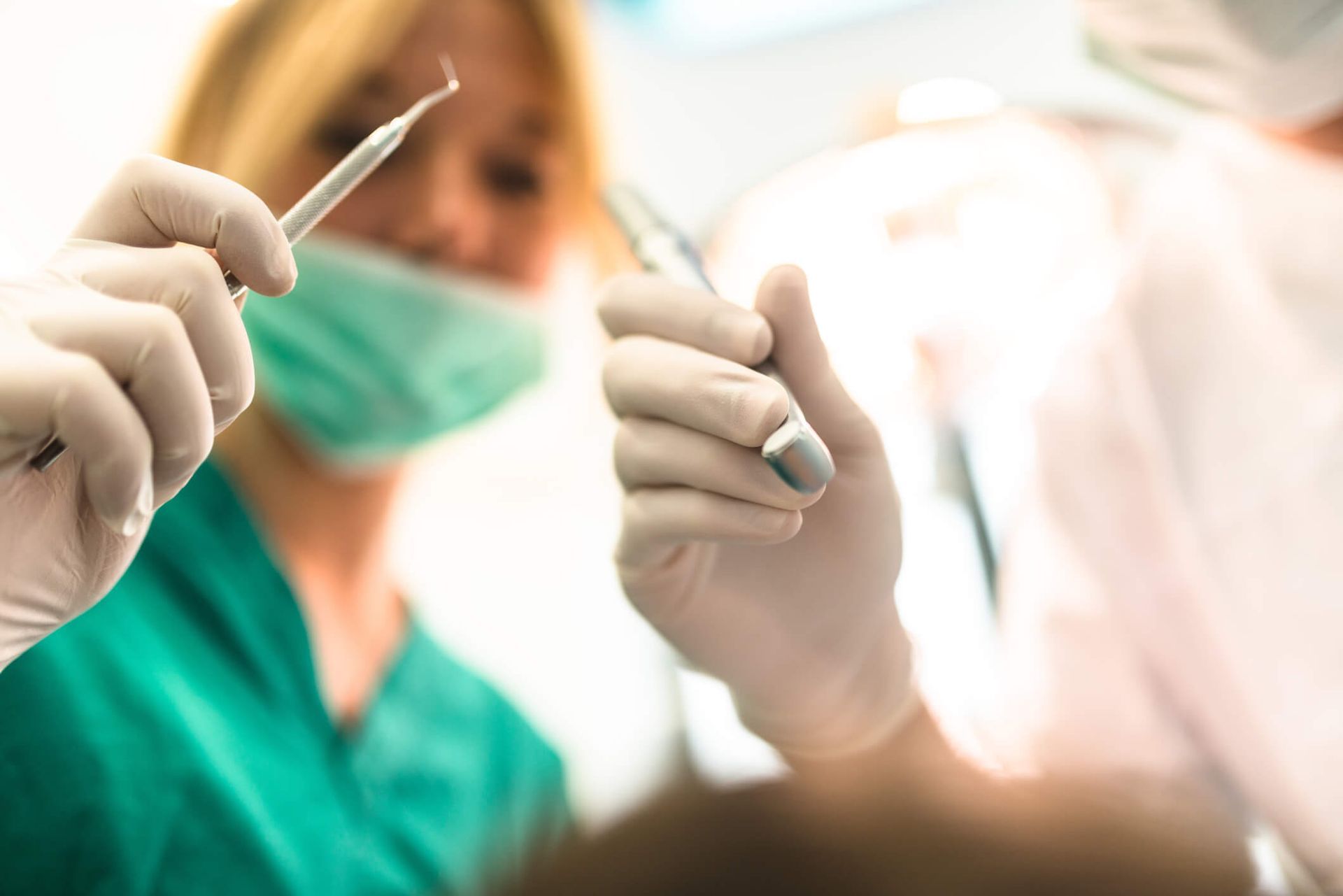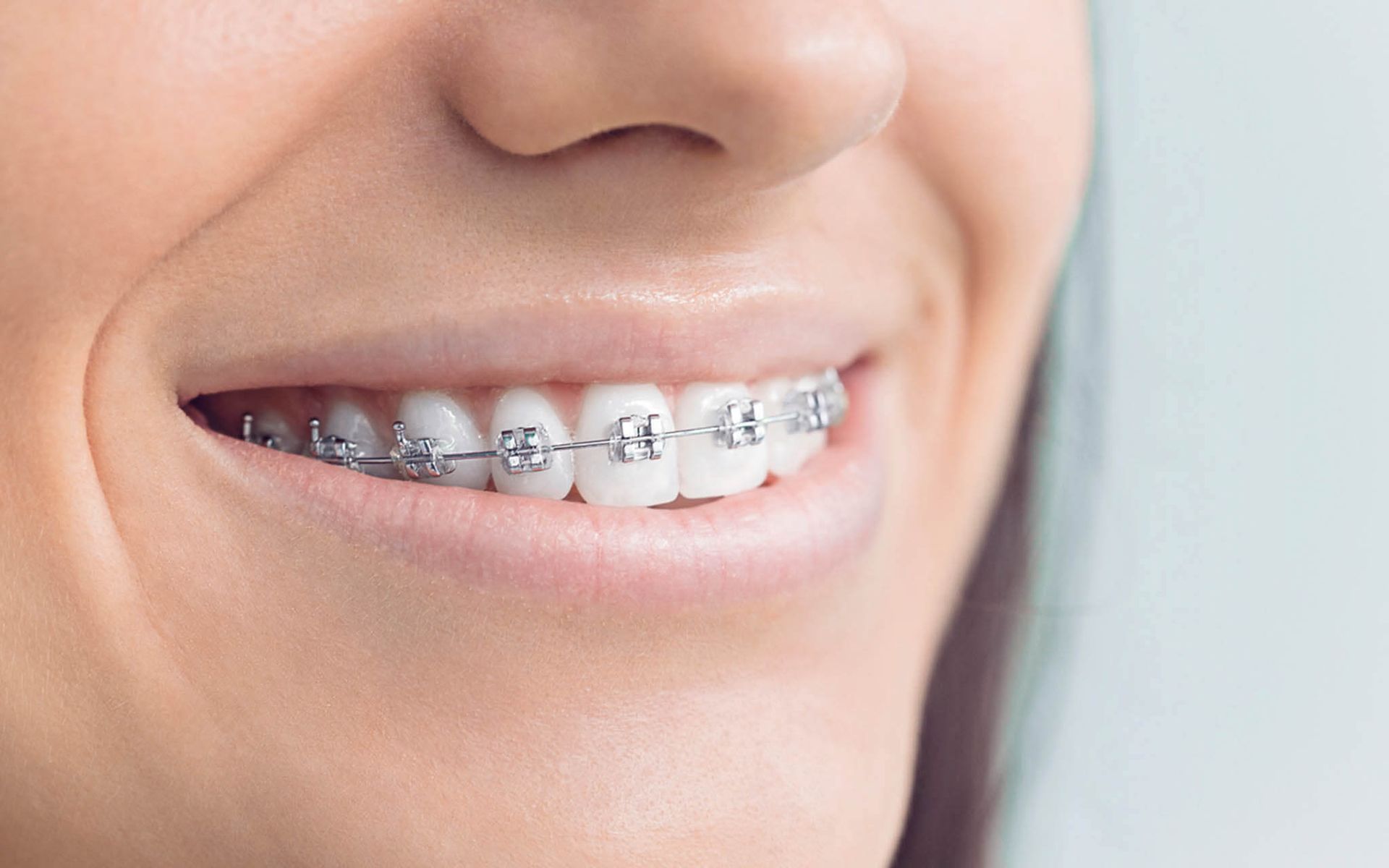What to Expect From a Dental Hygienist Appointment
Many of us are guilty of not being very proactive with our dental hygiene, especially when it comes to booking in for a routine hygienist appointment. If you’re due a visit to your dentist and haven’t been in a while, you might be feeling a little apprehensive about what will happen during your appointment. To put your mind at ease, in this blog we’ll talk you through what to expect from a typical dental hygienist appointment.
Preparation
It may seem a little redundant to clean your teeth before a dental hygienist appointment, but it’s a good idea to go into your consultation with a fresh mouth. As with any visit to the dentist, before you arrive you should brush and floss your teeth and use mouthwash. This means that your dental hygienist won’t have to spend time clearing debris from your teeth before professionally cleaning them.
Medical and Dental History
When you arrive at your appointment, the first thing your dental hygienist will do is check your medical history and whether you take any medication, so be sure to take a list with you if you have any regular prescriptions. Your dental hygienist will also ask about your dental history, how often you brush your teeth and at which times of day and the type of toothbrush and cleaning aids you use. They’ll finally ask about your diet, but don’t be afraid to be honest - your hygienist is there to advise, not judge you.
Examination
Next, your dental hygienist will move onto the examination part of your appointment. During a typical examination, your gums will be checked for any abnormalities, bleeding or early signs of gum disease. For the gum examination, your hygienist will measure the gap between your teeth and gums for signs of your gums receding - an indication of periodontal diseases. Before cleaning your teeth, they will also inspect where your biggest build ups of plaque and tartar are, and whether your tooth enamel is healthy.
Cleaning
After the examination, your teeth will then be professionally cleaned - commonly referred to as a scale and polish. No matter how diligently you clean your teeth, there are plenty of hard-to-reach areas where bacteria can build up over time and requires a professional clean as brushing alone isn’t as effective.
Scaling will first remove build-ups in order to prevent bacteria from forming and accelerating tooth decay. Then, the polishing stage smooths the surface of your teeth, reducing the areas that bacteria can cling to, and also removing any stains.
Advice
Finally, your dental hygienist will provide some guidance on the best way to keep your teeth and gums healthy, and if there are any dietary adjustments you should make to improve your dental health.
Book a Dental Hygienist Appointment Today
Here at Acorn Dental Health, our expert dental hygienists will provide you with a personalised dental hygiene treatment plan that is designed for you to maintain good oral health. Book in for a consultation with us today.










